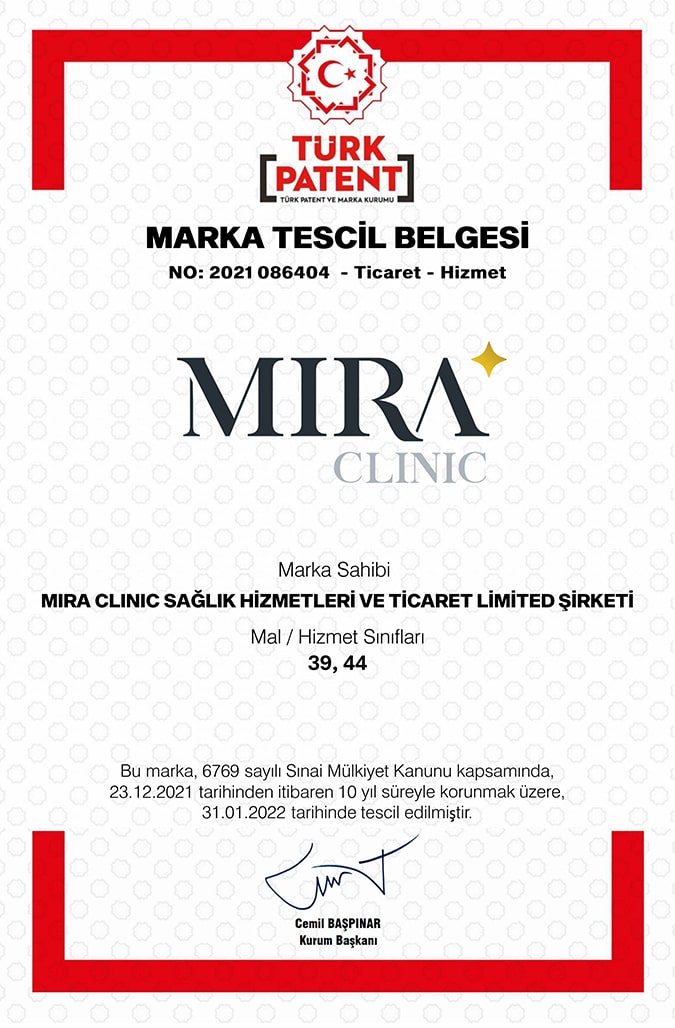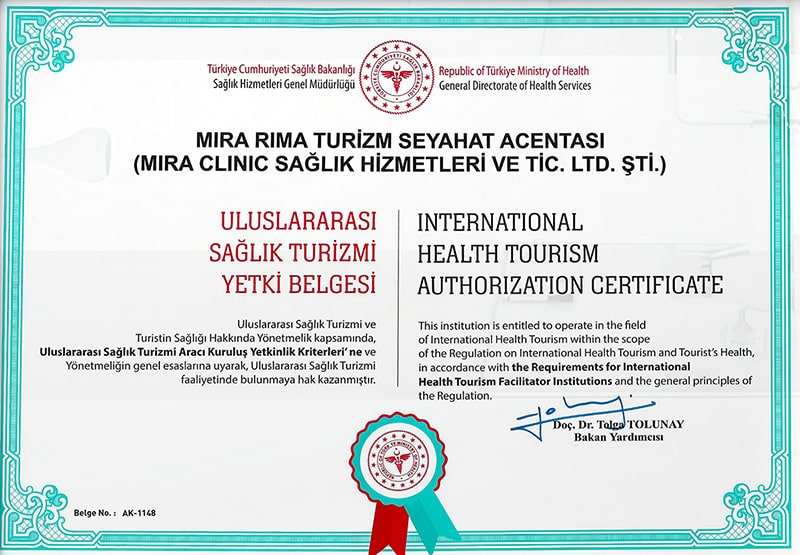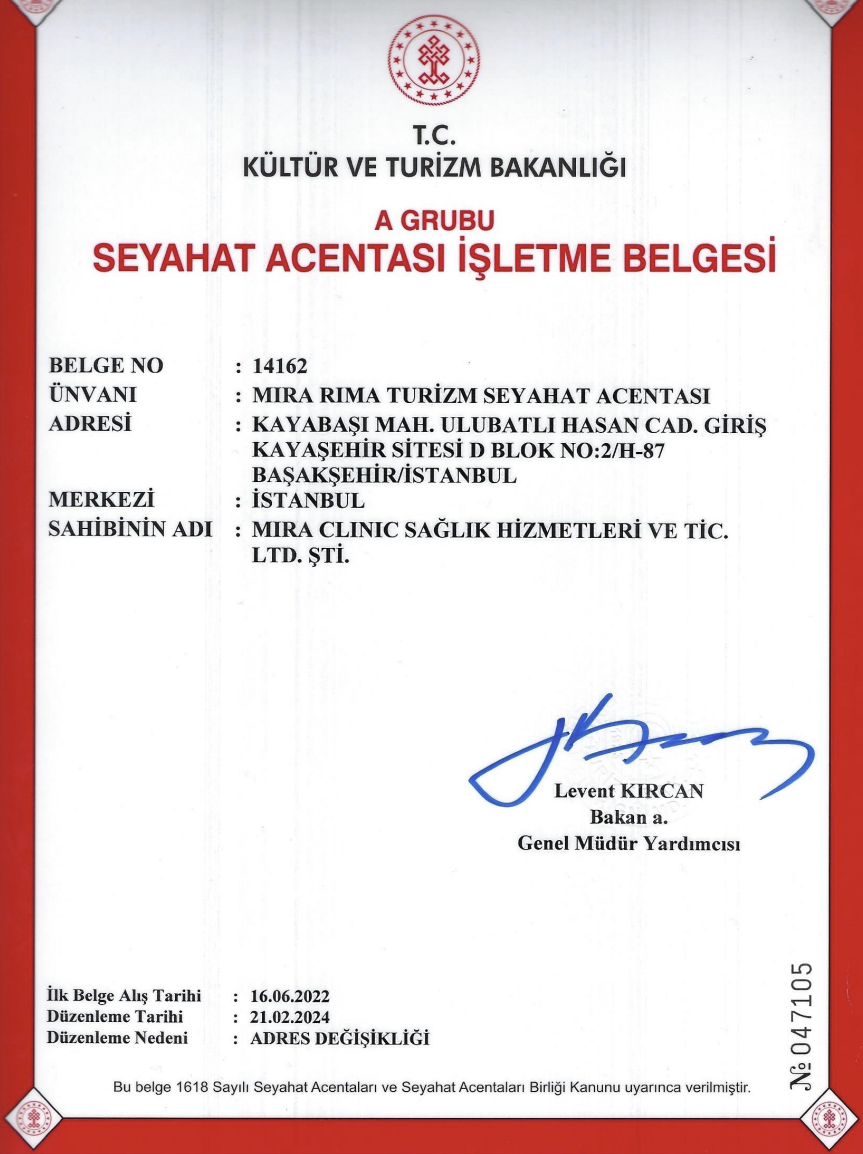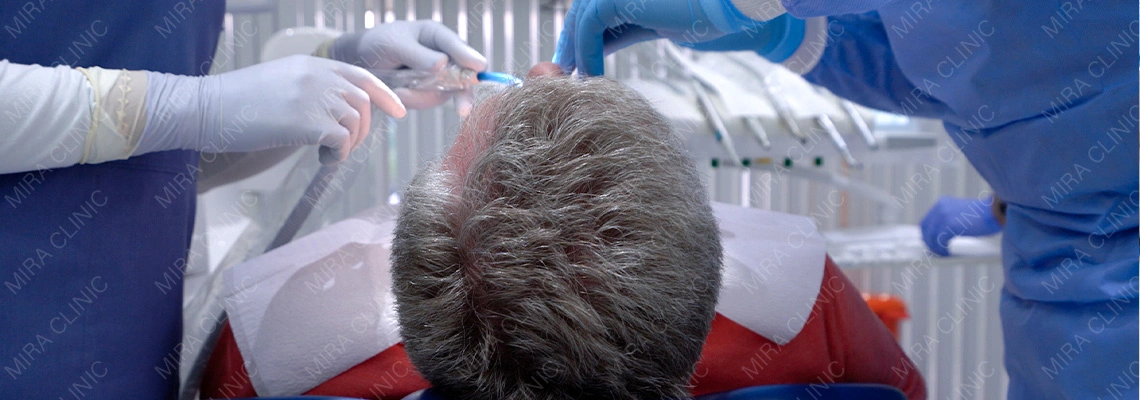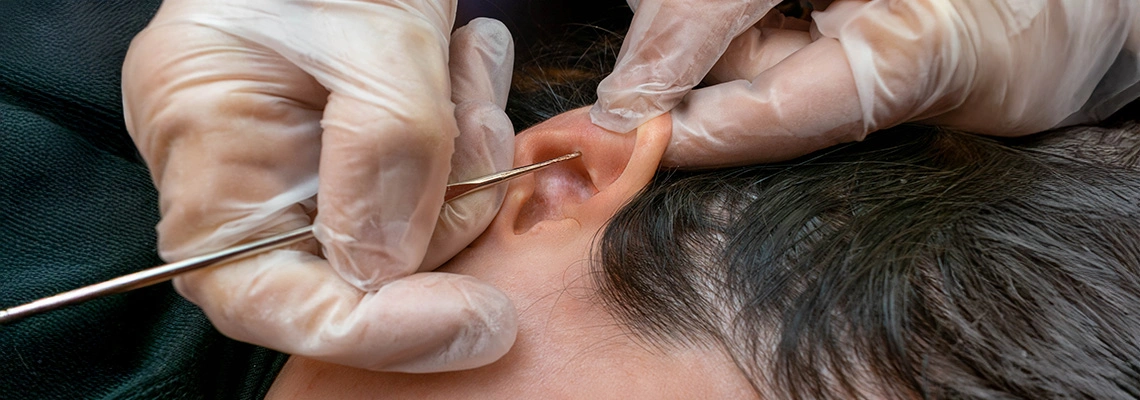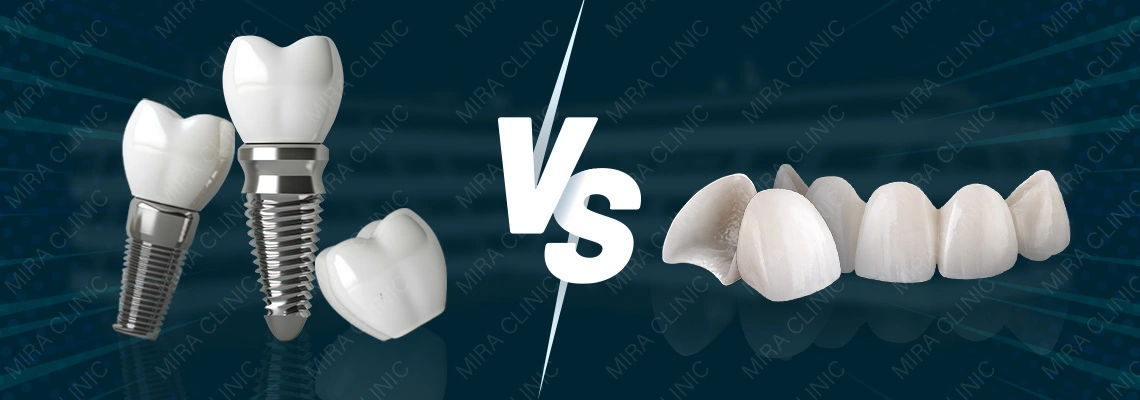Facelift in Turkey 2025 continues to dominate as the premier choice for patients worldwide, blending cutting-edge medical technology with renowned surgical expertise at a fraction of Western costs. With its internationally accredited clinics, personalized care, and seamless recovery packages set against Turkey’s cultural richness, the country offers an unmatched value proposition for those seeking natural, lasting results. This guide explores the latest advancements, top clinics, and practical insights to help you confidently navigate your rejuvenation journey in the heart of medical tourism.
Table of contents:
- What is a Facelift? Understanding the Procedure
- Facelift Cost in Turkey: How Much Should You Expect to Pay?
- Best Facelift Clinics in Turkey: How to Choose the Right One?
- Facelift Surgery in Turkey: Step-by-Step Procedure
- Facelift Recovery Timeline: What to Expect After the Surgery?
- Risks & Complications: Is a Facelift in Turkey Safe?
- Additional Procedures to Enhance Your Facelift Results
- Frequently Asked Questions About Facelift in Turkey
What is a Facelift? Understanding the Procedure
If you're considering a way to address things like sagging skin and wrinkles, a facelift is a surgical procedure designed to help. It tightens the underlying facial tissues, smooths those lines, and brings back a more youthful contour. You'll be well taken care of during the process, as it's performed under either general anesthesia or local anesthesia with sedation, depending on what's best for you. As one of the most sought-after cosmetic surgeries, the methods used are constantly evolving to give you natural-looking results that truly fit your individual needs.
Different Types of Facelifts
Facelift techniques aren't one-size-fits-all – they're really tailored to what each person needs, and understanding the difference between something like an SMAS facelift vs mini facelift is key to figuring out the best approach.
- Mini Facelift: Think of this as a little refresh, perfect for those mild sags around the jawline and cheeks. The upside? A quicker recovery will get you back to feeling like yourself sooner.
- Full Facelift: This is the go-to for addressing more significant sagging in the mid and lower face, as well as the neck. It's designed to give longer-lasting results, helping you feel more youthful for longer.
- SMAS Lift: This technique goes a bit deeper, focusing on the foundational layers of your face. By tightening both the muscle tissue and the skin together, it aims for a really natural look that stands the test of time.
Who is an Ideal Candidate for a Facelift?
There are a few essential conditions that need to be present in someone who wants to get a face lift, so the procedure is successful and they're happy with the result. First off, they really need to have noticeable sagging skin or wrinkles on their face or neck. The second really important thing is that they should be a healthy person, eat well and active, and not have any chronic illnesses that could affect how the wound heals.
Most importantly, they need to really understand what this procedure will actually do and not expect to turn into a completely different person – you know, have realistic expectations. Also, people who prefer their appearance to be enhanced in a natural way, not wanting huge, drastic changes, are usually a great fit. Finally, another important point is that they should be able to maintain a relatively stable weight for a long time, not constantly gaining and losing a lot because that can affect the outcome of the surgery over time.
Facelift Cost in Turkey: How Much Should You Expect to Pay?
One of the main reasons Turkey has become a top destination for many patients seeking a facelift is definitely the Facelift Turkey Cost 2025. Generally speaking, the prices range from around $2,000 to $5,000 US dollars, and this will depend on the surgeon's experience and the specific clinic. This cost usually covers the surgeon's fees, which start at about $1,500, hospital fees that typically fall between $500 and $1,000, and also the aftercare expenses, like follow-up appointments with the surgeon and any necessary medications, which might be in the $100 to $300 range. What's really attractive is that this price is considerably lower compared to what you'd find in other countries, making Turkey a very appealing choice for those traveling internationally who are looking for high quality at a reasonable cost.
Below is a table providing a cost comparison for facelift surgery in Turkey versus USA, UK, and Europe.
|
Country |
Average facelift cost 2025 |
|
Turkey |
$2,000 - $5,000 |
|
USA |
$7,000 - $15,000 |
|
UK |
$6,000 - $12,000 |
|
Europe |
$5,000 - $10,000 |
Best Facelift Clinics in Turkey: How to Choose the Right One?
Choosing one of the best facelift clinics in Turkey really needs some careful thought about a few key things to make sure you're safe and get the results you're hoping for. So, folks looking into this should definitely pay attention to what others are saying – you know, checking out reviews and hearing about other people's experiences can really tell you a lot about a clinic's reputation and if past patients were happy. Also, seeing if they've got international certifications like ISO or JCI is a big plus, as it shows they're serious about quality and medical standards.
When it comes to the doctors, you'd want to make sure the surgeon is a proper specialist in plastic surgery and is registered with recognized medical associations – that's super important. It's also a big comfort if the medical team speaks your language, or if they have a good translator on hand, so you can really understand each other. Plus, it's a good sign if their treatment plan includes follow-up care after the surgery, showing they genuinely care about your well-being. And finally, the best plastic surgeons for facelifts in Turkey will give you a treatment plan that's made just for you and your specific situation, not just some generic solution – that personal touch makes all the difference
Facelift Surgery in Turkey: Step-by-Step Procedure
So, getting a facelift in Turkey, it's not just a quick thing, you know? It's a whole process with steps that are there to make sure everything goes smoothly from when you first arrive right up until you're all healed up. To get the best possible result, they usually advise folks to go through these stages:
First, you'll have a chat – the initial consultation – with the surgeon. This is where you talk about what you're hoping to achieve, they'll take a good look at your face, and together you'll figure out the best way to do the facelift for you.
Then comes the medical tests and examinations. They'll ask you to do some tests just to double-check that you're healthy enough for the operation, you know, making sure everything is good to go.
After that, they'll explain the surgery plan in detail. They'll tell you exactly where they're going to be tightening things up and what kind of anesthesia they'll be using, so you know exactly what to expect.
On the day of the operation, they'll welcome you to the clinic or hospital. They'll just double-check how you're feeling before you head into the operating room, just to be extra safe.
Then comes the surgery itself. It's usually done under general anesthesia or maybe local, and it can take anywhere from two to four hours, just depends on how much lifting needs to be done.
After that, they close up the incisions really carefully and put on bandages to help with the swelling and support the new skin.
You'll then be taken to a private room to be monitored after the surgery, and they'll probably want you to stay for a day or two, just to keep an eye on things.
And finally, there's the follow-up care. You'll have regular check-ups, and they'll give you all the instructions you need on how to look after the incisions and help with any swelling. They really take care of you throughout the whole thing.
Facelift Recovery Timeline: What to Expect After the Surgery?
After getting a facelift, there's a bit of a journey as you recover, starting in those first few hours and stretching out over several months. To give you a better idea of what to expect after a facelift? here's a breakdown:
- In the first 24 hours, you'll probably notice some swelling, a tight feeling in your skin, and maybe a bit of numbness or pressure. The best thing to do is just take it easy and keep your head elevated to help bring down the swelling.
- You'll have a medical dressing supporting your face, and this usually comes off on the first or second day.
- They'll give you some mild pain relievers to keep you comfortable, and the medical team will keep a close eye on you.
- The swelling and bruising will gradually start to get better after about a week, and you might feel up to doing some light daily activities again.
- Any stitches you have will usually be removed around the seventh to tenth day, depending on what your surgeon thinks is best.
- You'll start to see a pretty big difference after two weeks to a month, but the final results really begin to show up around the 2 to 3-month mark.
- To help those results last for the long haul – and this answers how long does a facelift last? – it’s a good idea to stick to a healthy lifestyle, avoid smoking, and not get too much sun.
- Looking after your skin every day is also recommended, using moisturizers and sunscreen to keep your skin nice and elastic and looking youthful. This is all part of the full facelift recovery timeline and maintaining your results.
Risks & Complications: Is a Facelift in Turkey Safe?
When you're thinking about getting a facelift, one of the big questions that probably pops into your head is: Is Turkey safe for facelift surgery? The good news is, generally speaking, getting a facelift in Turkey can be safe, especially if you choose clinics that are accredited and have experienced surgeons at the helm.
Of course, just like with any surgery, there are some potential risks involved, like infection or anesthesia complications. But honestly, if you do your homework pick a reputable clinic, and follow all the aftercare instructions carefully, you can really minimize most of these risks.
To give you a better idea of facelift before and after Turkey, and what the recovery might involve, here are some of the common side effects people experience and how they usually handle them:
- Swelling and Bruising: It's pretty normal to have some swelling and bruising on your face after the surgery. Using cold compresses can really help bring the swelling down.
- Feeling Sore: Any pain you might feel is usually mild and can be managed with the pain medication your doctor prescribes.
- Numbness: Some folks might feel a bit of numbness in certain areas of their face. This is usually temporary and gets better over time.
- Redness: You might see some redness around the incisions because of the surgery, but this typically fades away within a few weeks.
- Risk of Infection: Keeping your incisions clean and using any prescribed medications is super important to avoid infection.
To really lower the chances of anything going wrong and to make sure you get the best results, here are some key things to keep in mind:
- Choose Accredited Clinics: It's best to go for clinics that follow international safety standards and have a solid reputation.
- Check Your Surgeon's Credentials: Make sure to look into your surgeon's experience and qualifications in the field of plastic surgery.
- Listen to Your Doctor's Instructions: Following your surgeon's advice carefully, especially when it comes to wound care and post-operative care, is crucial.
- Say No to Smoking: Avoiding smoking can really help with healing and reduce the likelihood of complications.
- Eat Well: A diet rich in vitamins and minerals can support a faster recovery.
Additional Procedures to Enhance Your Facelift Results
To get the best possible results from a facelift, some additional procedures can be combined to enhance that youthful look even more. These non-surgical facelift alternatives can really complement the surgical outcome:
- Combining Facelift with Neck Lift: Doing a neck lift at the same time as your facelift can make a huge difference in the overall appearance of your face and neck. It tackles sagging and wrinkles in the neck area too, giving you a much more balanced and youthful profile.
- Botox: Botox is fantastic for softening those fine lines and wrinkles that a facelift might not completely address. It’s like the finishing touch that really polishes the results.
- Fillers: Using fillers can help restore volume to areas like the cheeks that might have lost some fullness over time. This can give your face a plumper, more youthful appearance.
- Non-Surgical Skin Tightening: There are some cool technologies out there, like ultrasound or laser treatments, that can tighten the skin without any incisions. These can boost the aesthetic result and help improve your skin's elasticity.
Frequently Asked Questions About Facelift in Turkey
Here are some of the most frequently asked questions about facelifts in Turkey:
- How Long Does a Facelift Last?
The results of a facelift typically last for 7-10 years or more, although this can vary depending on the type of facelift and individual factors.
- Can I Travel Back Home After the Surgery?
It's generally recommended to wait at least one to two weeks, and potentially up to four weeks for air travel, after a facelift before traveling home to minimize risks like swelling and blood clots. Always consult your surgeon for personalized advice.
- What are the Best Post-Surgery Skincare Tips?
Be gentle with your skin, keep incisions clean and dry, use prescribed ointments, stay well-hydrated, avoid direct sun exposure, and use mild, fragrance-free skincare products as advised by your surgeon.
Turkey offers a unique advantage by providing access to experienced surgeons, high-quality medical facilities, and comprehensive care at a fraction of the cost typically found in other countries, making it a compelling and increasingly popular choice for those considering facelift surgery.
Sources:
- Face Lift
- https://www.mayoclinic.org/ar/tests-procedures/face-lift/about/pac-20394059
- Facelift: Everything You Need to Know Before You Go
- https://www.healthline.com/health/face-lift

